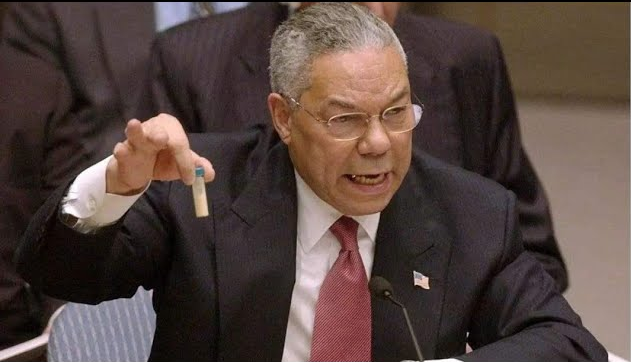Probably quite limited in the short run, before national fervors have gone down. Let's look at the ways the UN can stop wars, from most coercive to least.
Stop one side from fighting by force of arms.
That was actually what happened in the 1950 Korean war, which was fought by nominally UN-sanctioned forces. The Soviet delegation was off boycotting the UNSC when the vote happened. Won't happen again: any such moves would get vetoed by one of the 5 permanent members.
Sanctions
Sanctions against one or the other side have to happen at the UNSC level. The US will veto anything harsh against Israel. Russia anything too harsh on Hezbullah, which is backed by Iran, whom (that's a massive eyeroll) Russia depends on for weapons. Plus, world sentiment since the start of the 2023 Gaza War being what it is, anything too pro-Israel would likely result in a majority of UN member states being supportive of Russian vetoes.
Resolutions
UN resolutions are a dime a dozen. They can, but rarely do, really bite. The type that does are sanctions. Still, anything too punishing to one side would still get vetoed by its UNSC backers.
UN resolutions, once passed, hardly have a stellar track record of forcing change (Myanmar, North Korea...). Those that do often do so via armed interventions by motivated members (Iraq's booting out of Kuwait, for example. Or more controversially French-UK-US interpretations of the initial Libya one to boot out Gadaffi). Hard to envision any big country hitting any of the principals (Iran,
Israel or Lebanon) here.
Calling for a ceasefire.
The UN can issue sternly-worded demands for the cessation of hostilities. The problem is that these are also ritually ignored in most conflicts. At this point, I suspect even the pope's (or other religious leaders') exhortations for peace carry more weight, as they may at least cause some reflection by some believers.
Ceasefire facilitation.
For that to happen, both sides in a conflict need to want to stop fighting.
Israel has no real reason - aside from world opinion - until such time as it has suffered large losses, destroyed Hezbollah rockets or forced Hezbollah to back down from targeting the Israeli border.
Hezbollah would lose face, massively, in Lebanon. Especially after its leader has been killed, on Sept 27th, 2024. They may yet change their mind later, but are not likely to want to back down now. In any case, they've publicly vowed revenge.
Additional complications.
The UN works best when it is seen as good faith broker. Right or wrongly Israelis do not generally hold that opinion.
Then you have the opposite side, Hezbollah. They are not a state, they are a political entity within Lebanon. The Lebanese government, the natural interlocutor to the UN, is too militarily weak to impose much on Hezbollah. That's going to complicate things: what Lebanon, via its government, commits to, is not all that binding on Hezbollah.
Neither has resolution 1701, with the enforcement mechanisms put in place to date, managed to avoid the situation escalating in the first place.
Annan (note UN Secretary General at the time) asserted that "dismantling Hezbollah is not the direct mandate of the UN," which could only help Lebanon disarm the organization.[6] Annan then said on 25 August 2006, *"The understanding was that it would be the Lebanese who would disarm [Hezbollah]" and that "Obviously, if at some stage they need advice or some help from the international community and they were to approach us, we would consider it, but the troops are not going in there to disarm.
So, yes, the UN will probably be involved, and useful, once the immediate desires for conflict have abated somewhat on both sides. But probably not really until then.
